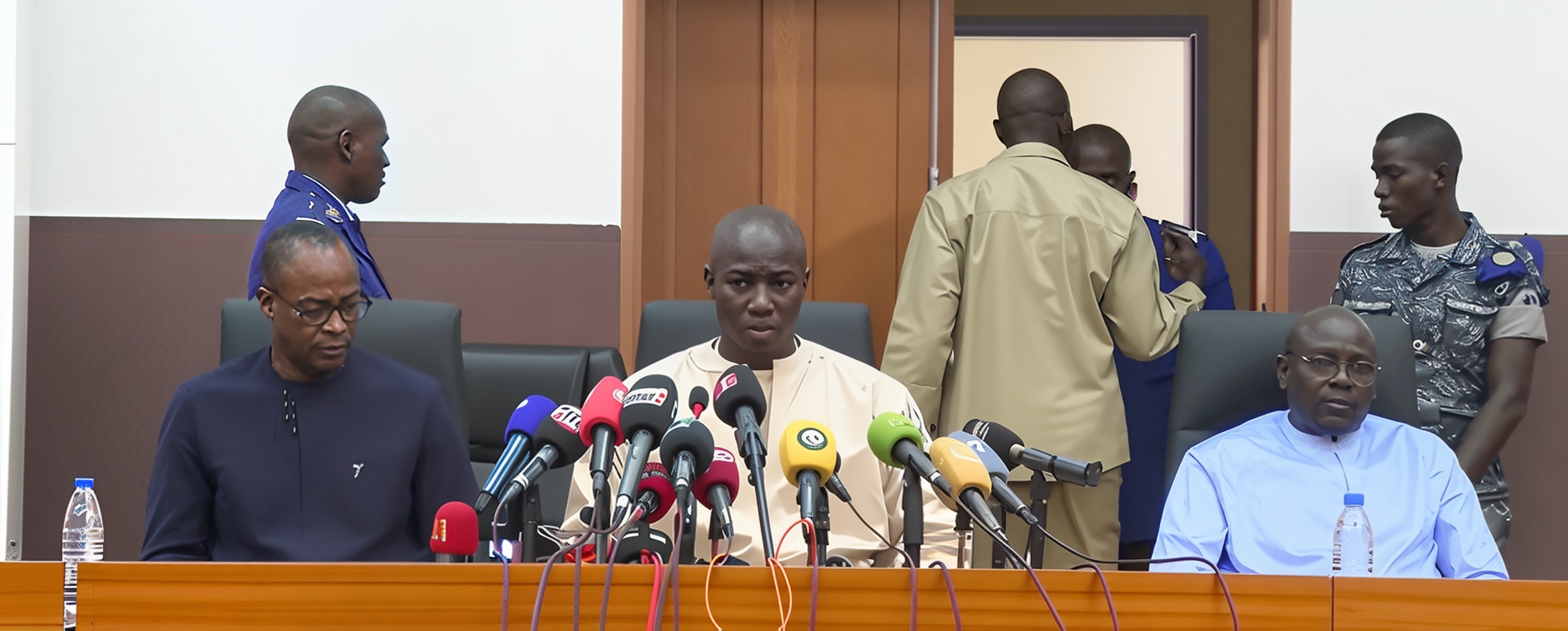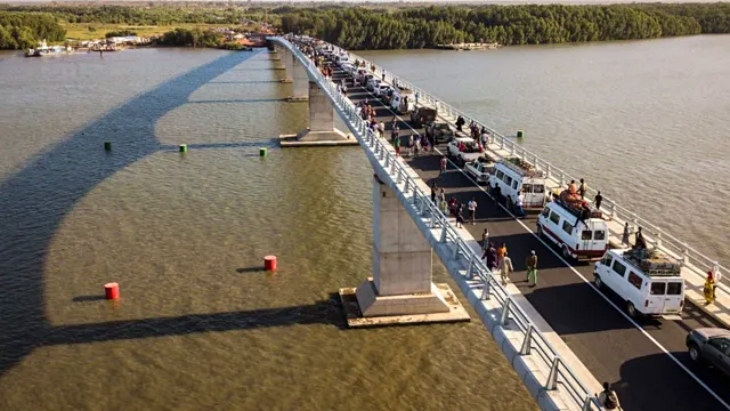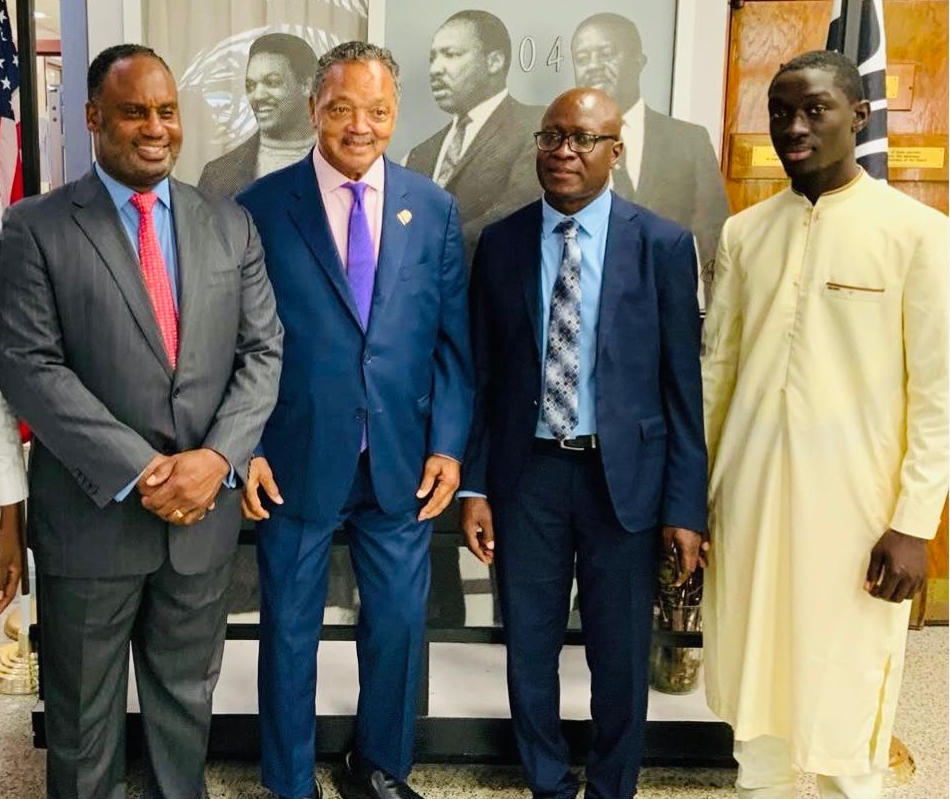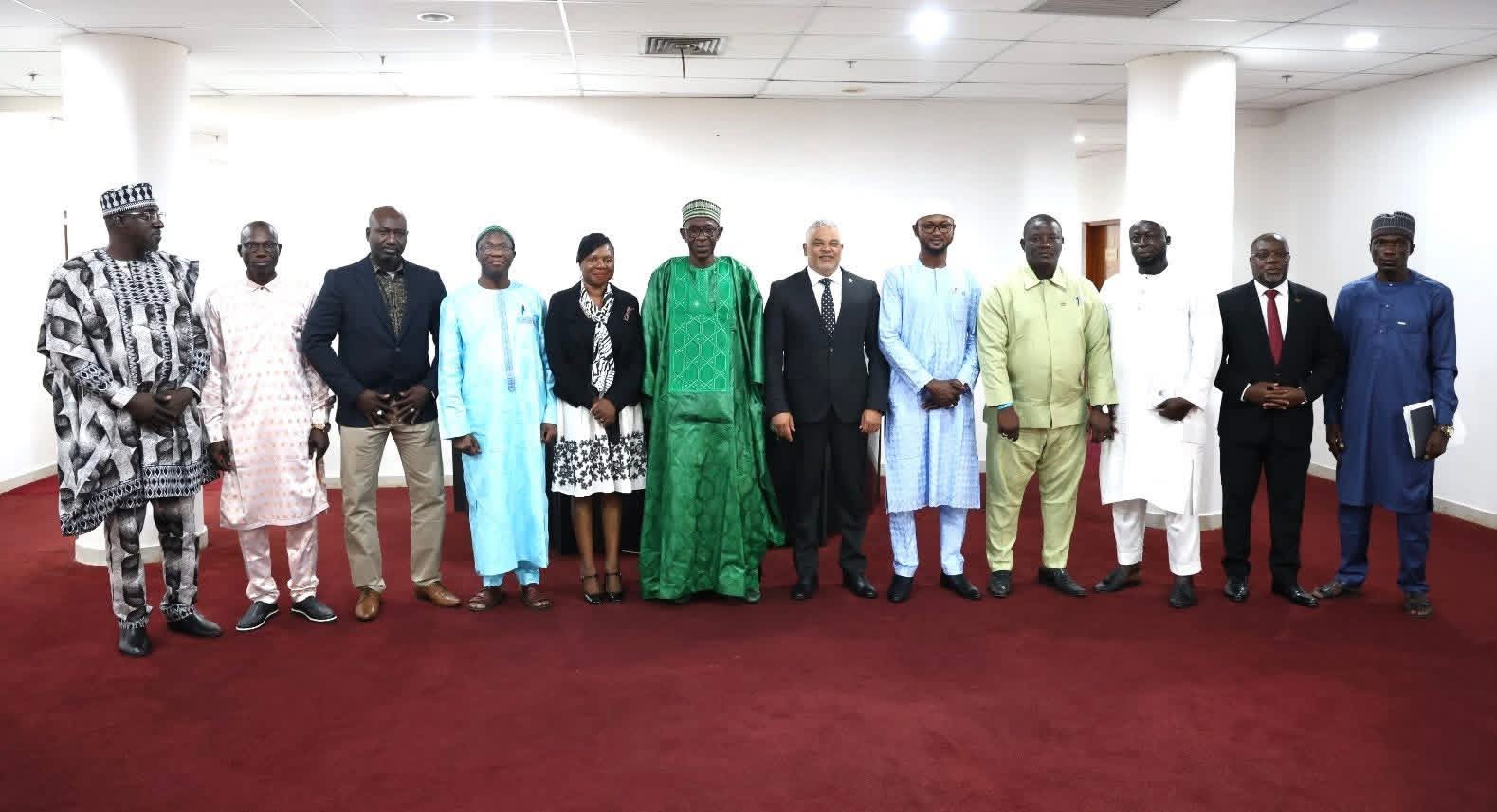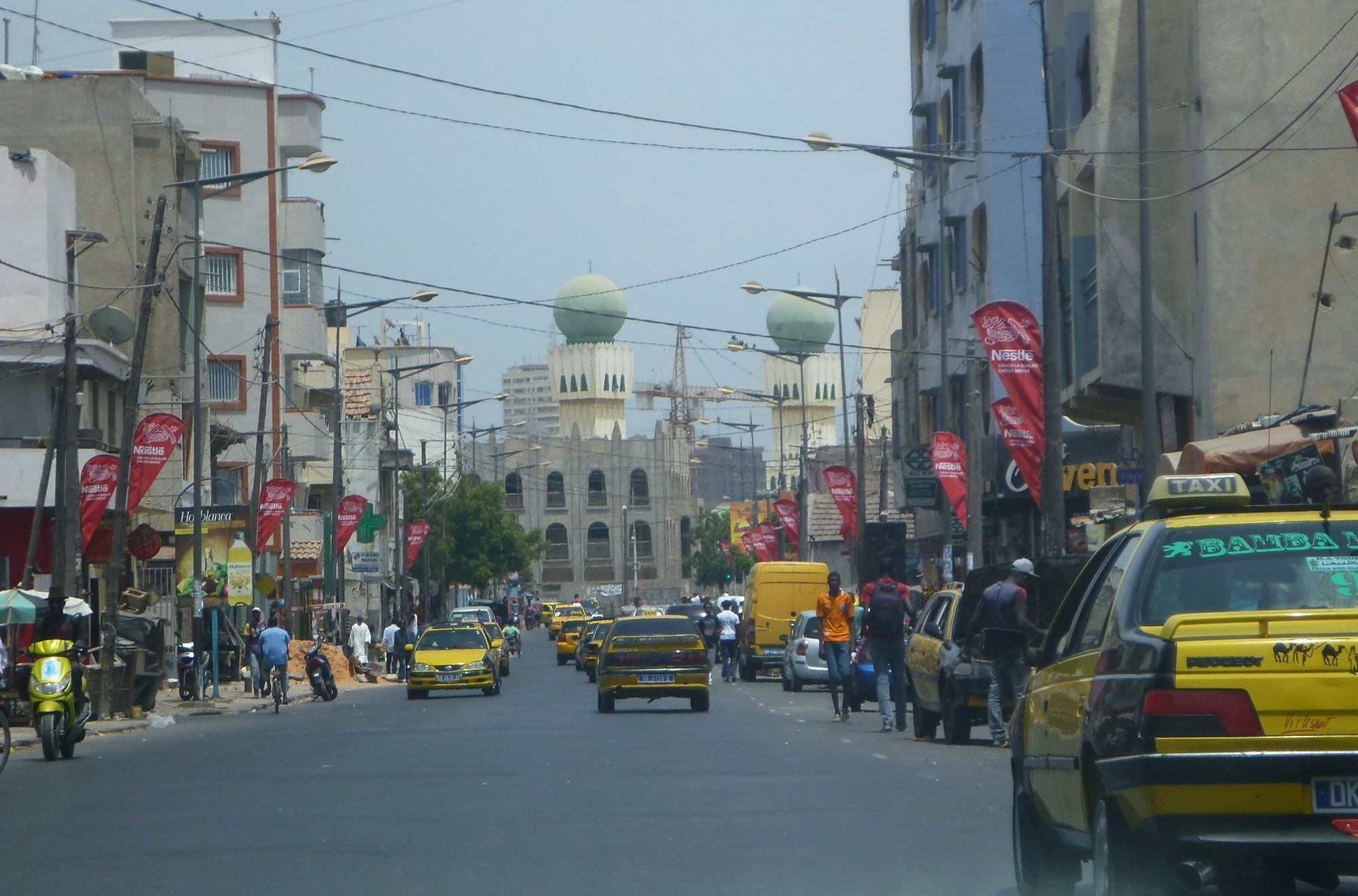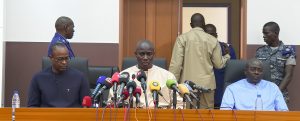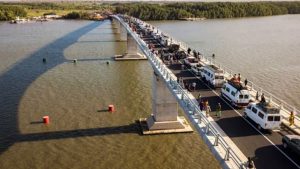Gambiaj.com – (Dakar, Senegal) – Senegal’s 2025 finance law has set the stage for a tense standoff between the government and the International Monetary Fund (IMF), particularly over the contentious issue of energy subsidies. Despite IMF calls for a reduction in these subsidies, Senegal’s authorities have opted to maintain the current level of energy support, a decision that could significantly impact the nation’s macroeconomic stability and its relationship with international creditors.
The IMF has long pressured Senegal to reform its energy subsidies, which the Fund argues are costly and inefficient. According to Majdi Debbich, the IMF’s Resident Representative in Dakar, the subsidies remain unchanged compared to 2024 levels, an outcome the IMF finds concerning. Speaking to Le Soleil, Debbich noted, “We see the absence of any reform in energy subsidies, which continue to be very costly. Targeted aid to the most vulnerable households would be a more effective way to assist those in need.”
Despite these IMF recommendations, Senegal’s government has firmly resisted making cuts to energy subsidies. The 2025 finance law, passed without significant debate, includes a budgetary allocation of 450 billion FCFA for energy subsidies, matching the previous year’s figures. This commitment underscores the government’s determination to shield the public from the impact of rising fuel and energy prices, a sensitive issue in a country where energy costs directly affect households and businesses alike.
In an effort to balance these concerns with fiscal responsibility, the Senegalese government has promised “major changes” in the energy sector, including structural reforms, the finalization of a new Electricity Code, and the restructuring of state-owned electricity company Senelec. However, the details remain vague, and the timeline for these changes is uncertain. Additionally, the government has hinted at revising the pricing structure for petroleum products but has not provided specifics on when or how this will be implemented.
These efforts, however, appear insufficient in the eyes of the IMF. The Fund’s reservations were further compounded by Senegal’s decision to issue a 450 billion FCFA Eurobond in July 2024, a move that raised eyebrows at the IMF. While Senegal touts this bond as part of a broader debt management strategy, including two more Eurobonds planned for 2025, the IMF is concerned about the country’s increasing reliance on commercial debt and the sustainability of its borrowing practices.
The IMF’s criticisms have had real consequences. In response to concerns over financial mismanagement, the IMF suspended its agreement with Senegal, delaying its next disbursement until at least June 2025. This setback is likely to place additional strain on the country’s finances, as the government struggles to balance its budget while managing the rising costs of energy subsidies.
For the Senegalese government, the stakes are high. Energy prices, which are central to daily life and the functioning of the economy, have become a flashpoint in the ongoing debate over fiscal policy. Any increase in fuel or electricity prices risks triggering widespread discontent, particularly among the working class and vulnerable groups, who have already been struggling with the high cost of living. Public pressure to reduce energy costs is strong, and the government has repeatedly promised to work toward making energy more affordable for Senegalese households.
However, the prospects of reducing energy prices in the near future are dim. The government’s “gas to power” project—an initiative to use domestic gas resources to generate electricity—remains a distant goal, with infrastructure still in the early stages of development. The construction of pipelines connecting gas fields to power plants has yet to be completed, meaning the country’s energy transition is still more of an idea than a reality.
As the IMF presses Senegal to tighten its fiscal belt and restructure its energy subsidies, the government is clearly walking a fine line. On one hand, it faces external pressure to comply with IMF recommendations and implement reforms that will secure future funding and investment. On the other, it must respond to domestic concerns over energy affordability and ensure that any policy changes do not provoke social unrest.
With the IMF’s suspensions in place and tensions over energy subsidies mounting, it remains unclear how Senegal will navigate the coming months. The government has made its position clear: it will prioritize energy subsidies for now, even at the cost of straining relations with the IMF. The question, however, is whether this policy can be sustained in the face of mounting fiscal challenges and growing public expectations. The road ahead is likely to be long and fraught with difficulty, as both sides seek a resolution that balances the nation’s financial stability with its socio-political realities.



